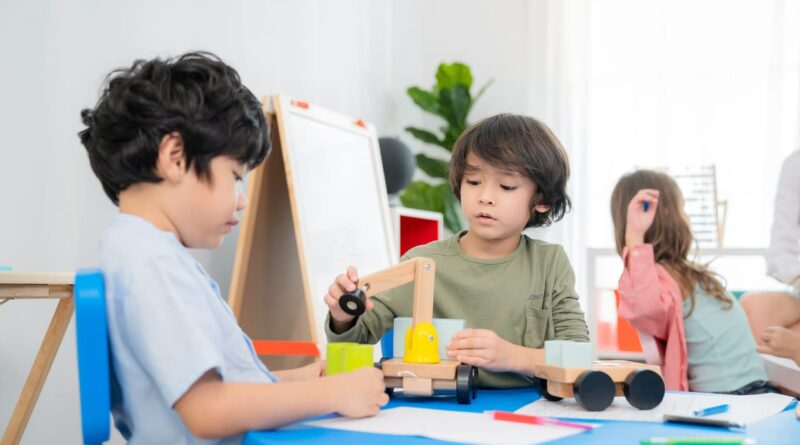How Important Are Social Skills in Early Childhood?
Social skills are a critical part of a child’s development, shaping their ability to interact effectively with others and navigate the complexities of the world around them. From making friends to understanding emotions, the foundation of these skills is built in early childhood. But just how important are social skills during this formative stage? Let’s explore why they matter and how they impact a child’s growth.
The Importance of Social Skills in Early Childhood
Social skills are the tools children use to communicate, form relationships, and understand the perspectives of others. These skills play a vital role in a child’s emotional, social, and academic development. During early childhood, children are constantly learning from the world around them, and social skills are among the most important lessons they can learn.
Learning how to share, take turns, express emotions appropriately, and solve problems with peers are just a few examples of how social skills are developed in young children. These skills not only help children build positive relationships but also prepare them for academic success and later life challenges.
Social Skills and Emotional Development
The development of social skills is closely linked to emotional regulation. When children learn how to interact with others, they also learn how to express and manage their feelings. Understanding how to control anger, express joy, or empathize with others are key aspects of emotional intelligence that are nurtured through social interactions.
Children who develop strong social skills are more likely to have higher self-esteem, better mental health, and more satisfying relationships as they grow older. Early childhood is a crucial time for cultivating these abilities, as this is when the foundation for future emotional and social well-being is laid.
The Role of Parents and Caregivers
Parents and caregivers play an essential role in the development of social skills in early childhood. Through modeling positive behaviors, providing opportunities for social interaction, and teaching conflict resolution, adults can significantly influence how children develop these critical skills.
Engaging in playdates, enrolling children in group activities, and encouraging them to communicate their needs and feelings are all effective ways to promote social skill development. Consistent support and positive reinforcement from parents and caregivers create a safe environment where children feel confident practicing their social skills.
Social Skills and Academic Success
Studies have shown that children with strong social skills tend to perform better academically. The ability to work well with others, communicate effectively, and solve problems collaboratively directly contributes to a child’s success in school. Teachers often report that students who have developed social skills are more likely to engage in class, participate in group work, and develop positive relationships with their peers and educators.
Moreover, children who can handle social challenges with resilience—such as dealing with conflicts or navigating peer relationships—are less likely to experience stress, which can affect their overall academic performance.
How Social Skills Shape Future Success
As children grow older, social skills continue to be a key factor in their success in adulthood. Strong interpersonal skills, the ability to collaborate, and emotional intelligence are all highly valued in the workplace and in personal relationships. The groundwork laid in early childhood can set the stage for a lifetime of successful interactions and personal fulfillment.
The importance of these skills becomes even clearer as children transition into adolescence and adulthood, where complex social dynamics and challenges arise. Children who are taught to handle these situations with confidence and compassion are better equipped for the future.
Conclusion: The Vital Role of Social Skills
In conclusion, social skills in early childhood are incredibly important. They are foundational for a child’s emotional well-being, academic success, and overall happiness. Parents, caregivers, and educators have a unique opportunity to foster these skills during the crucial early years. By supporting children in developing their social abilities, we help prepare them for a future filled with meaningful relationships and lifelong success.

